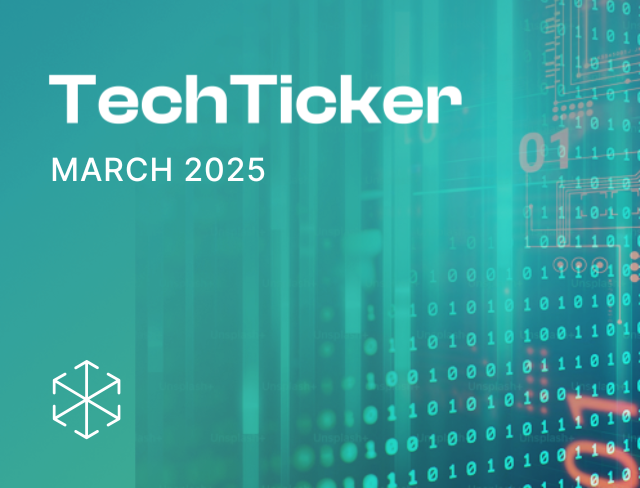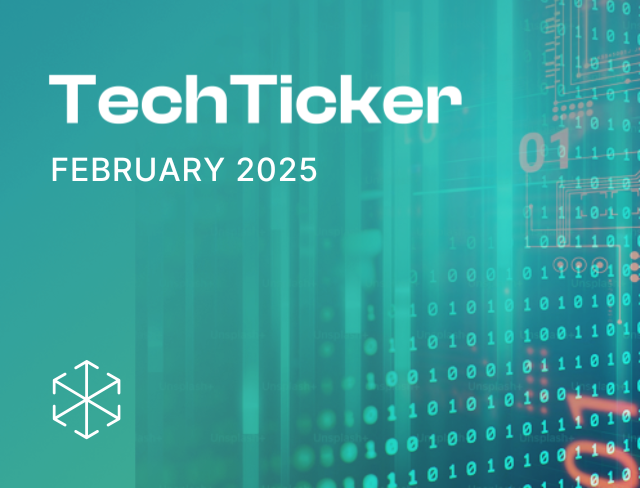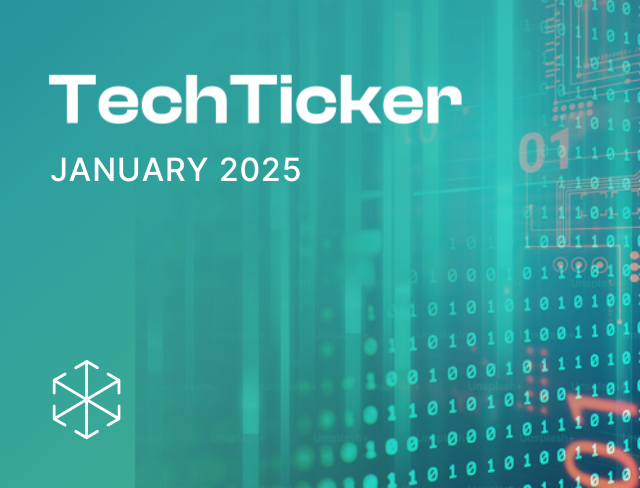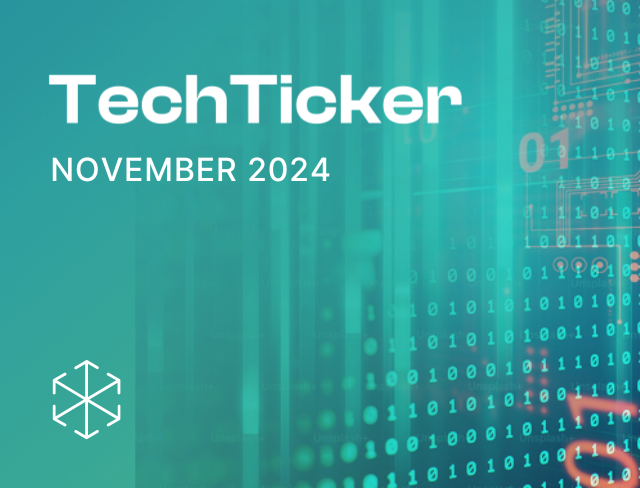Health-tech law roundup
-
Arrests made for role in the 2023 leak of COVID-19 data held by Indian Council of Medical Research (ICMR): In October 2023, the ICMR COVID-19 testing database was hacked, with reports emerging that the Central Bureau of Investigation (CBI) was likely to investigate the matter. The CBI is reportedly probing how the data was leaked. However, in parallel, the Delhi police arrested four individuals for allegedly advertising the leaked data, by posting about it and asking for buyers on social media. The individuals claimed that the pamphlets came from a third party. According to initial Delhi police investigations, the individuals may not be involved in the actual data leak itself. The Delhi police also noted that they have retrieved the data from the four accused, charging them with cheating and dishonesty inducing delivery of property under section 420 of the Indian Penal Code, 1860. And various sections of the Information Technology Act 2000, for ‘data brokering’.
-
Karnataka’s drugs department acts against Shark Tank funded epharmacy after South Chemists and Druggists Association (SCDA) letter: Karnataka’s State Drugs Control Department sought permission to prosecute Pharamallama for “repackaging of medicines and segregating them dose-wise", because such activities are not permitted under the Drugs and Cosmetics Act, 1940. The department indicated that an investigation took place on 28 June 2023, and SCDA would be informed when the case is filed in court. The move took place after the SCDA wrote to the department after the Shark Tank episode featuring Pharmallama alleging that the company’s business model of repackaging and dose-wise segregation amounts to the sale of misbranded, adulterated, and spurious drugs (offences per the drugs law). In early 2023, the SCDA sent legal notices to Sony Liv, Shark Tank, and others involved in the Pharmallama episode, for violating the drugs law. Earlier, SCDA also wrote against another epharmacy company, PillUp, which closed operations in November 2023, despite reportedly having obtained various licenses under India’s drugs law.
-
Government launches MedTech Mitra to support Indian medical device companies: The “MedTech Mitra': A Strategic Initiative to Empower MedTech Innovators and Advance Healthcare Solutions” (MedTech Mitra) is a joint initiative of the ICMR, NITI Aayog, and Central Drug Standards Control Organisation (CDSCO - India’s medical devices regulator). It will promote ease of research and innovation, by handholding MedTech startups. MedTech Mitra will provide startups with information on current standards and intellectual property, clinical evaluation of medical devices and regulatory support. And aim to break silos to encourage research and innovation.
Digital health roundup
-
National Health Authority (NHA) moves to expand reach of Ayushman Bharat Digital Health Mission (ABDM): The NHA organised a multistakeholder meeting for its ongoing Microsite Programme, (to accelerate adoption of digital healthcare through the ABDM) on 19 December 2023. Microsite Application and Dashboard were launched for field data entry, by officers working in the microsites (public/ private healthcare facilities onboarded to the ABDM ecosystem), to enable progress monitoring and daily reporting. A panel discussion on involving pharmacies and diagnostic labs demonstrated their importance in the programme’s success. Health-tech companies including Doctors for You, Enterolabs, Driefcase, Cloud Pathology, and Raxa Health participated in the meeting, along with development partners such as Piramal Foundation, Clinton Health Access Initiative, and PATH.
Public health roundup
-
All-India Institute of Medical Sciences (AIIMS) explore use of drones and robotics: The institute’s Director, Dr. M. Srinivas highlighted areas of research such as drones for medical transportation. Through collaborations with Indian Institutes of Technology/ Indian Institutes of Management, the institute will examine using drones for fast tracking organ donation and blood transfusions.
-
E-health services operational in 600 healthcare institutions in Kerala with further expansion in the works: E-health services include paperless out-patient tickets and hospital care, “Shailee” which is an app for screening for lifestyle diseases, cancer care suite, and e-sanjeevani. The Kerala government plans to expand access to these initiatives in 130 more healthcare institutions.
International roundup:
-
India cites healthcare access in decision not to sign COP28 Declaration on Climate and Health: Earlier this month, the Indian government did not sign the COP28 UAE Declaration on Climate and Health. The declaration acknowledges the health sector’s carbon footprint and requires nations to reduce the use of various greenhouse gases; some of which are essential for cooling. Unnamed sources indicate this will put pressure on India’s healthcare infrastructure, making it difficult to adhere to the commitment.
Image credits: Ikigai Designs
Author credits: This newsletter is brought to you by our health-tech team.










